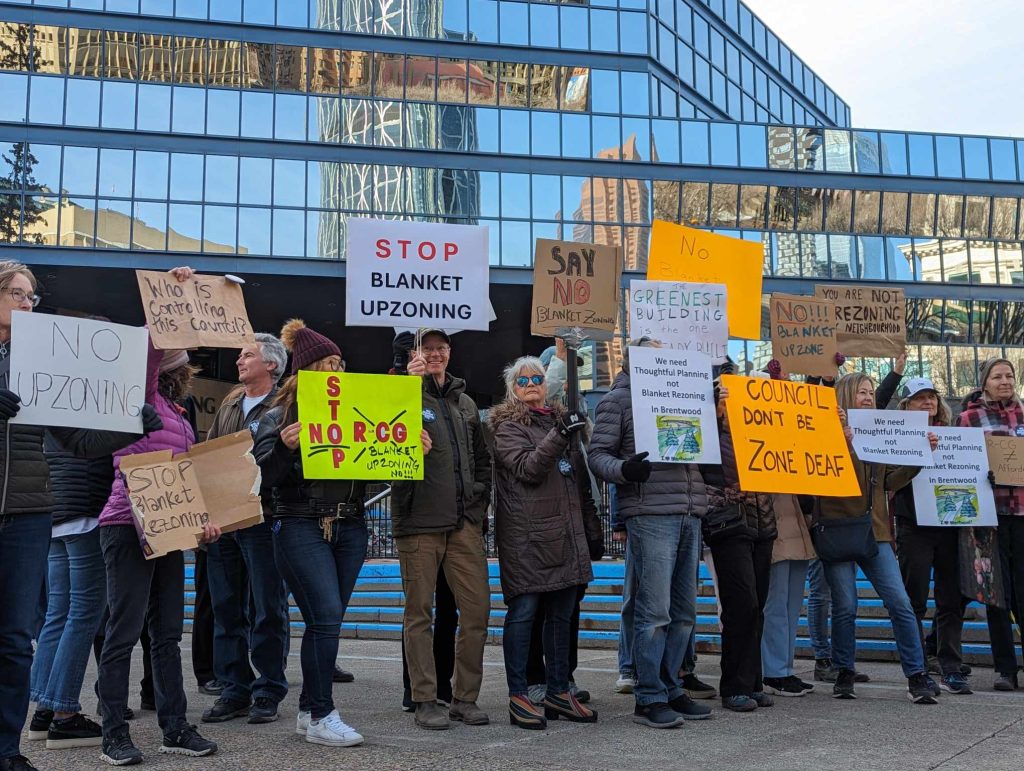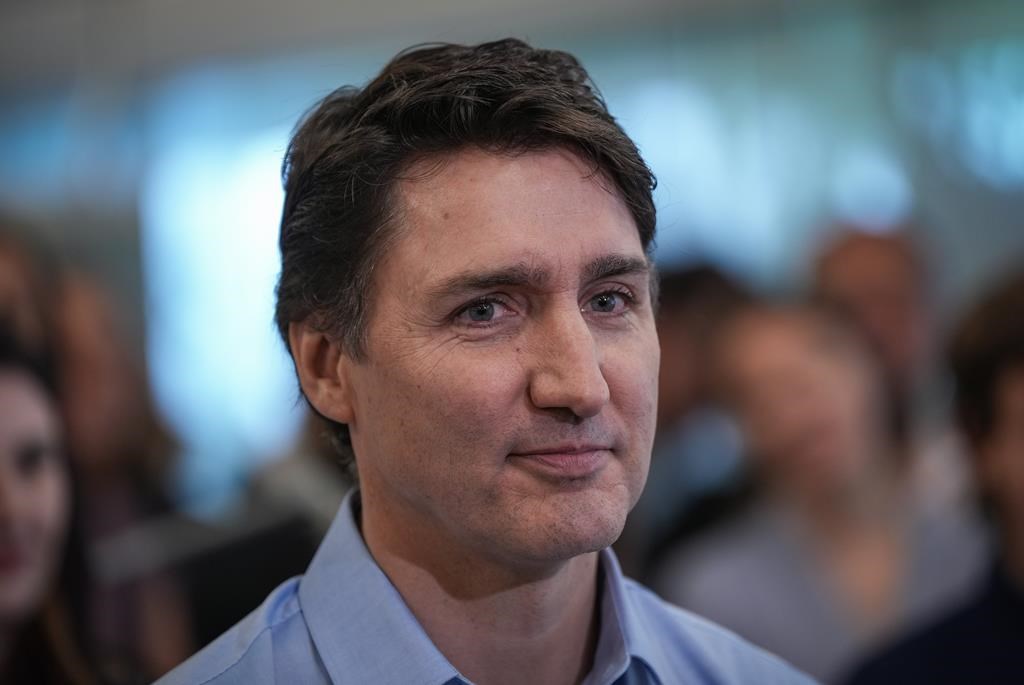Federal advisory council recommends government introduce universal, public pharmacare plan
Posted Jun 12, 2019 8:26 am.
Last Updated Jun 12, 2019 4:28 pm.
OTTAWA (NEWS 1130) – A federal advisory council on pharmacare is recommending the government set up a universal public system to cover prescription drugs for all Canadians.
This could lead to a huge shift in the way Canadians receive their medicine.
The 172 page report, titled “A Prescription for Canada: Achieving Pharmacare for All”, calls on the government to switch from its current patchwork of public-private drug coverage, to a fully public pharmacare system.
The advisory council, set up by the Trudeau government, proposes the system begin January 1, 2022, with a list of essential medicines, and then expand to a more comprehensive list over five years.
“This will ensure that all Canadians, regardless of where they live, regardless of their employment status or their income, will receive a consistent standard of prescription drug coverage,” Dr. Eric Hoskins, the chair of the Advisory Council on the Implementation of National Pharmacare, said on Wednesday.
He noted the council realizes such a plan can’t happen overnight, which is why it is proposing the government implement it through a phased approach.
It also recommends the federal government work with provinces and territories to create a national program, which would work like public health care. The council said federal, provincial, and territorial governments should work together to create an arm’s-length drug agency to oversee the program, with the first task to create a list of drugs that would be covered.
The advisory council on Pharmacare recommends the government create a universal single payer public Pharmacare plan to cover prescription drugs for all Canadians #cdnpoli pic.twitter.com/A3xZOtX1MW
— Cormac Mac Sweeney (@cmaconthehill) June 12, 2019
He’s calling for the completion of the “unfinished business of universal health care.”
This doesn’t mean medicine will be free for everyone after taxes. The council calls for $2 co-payments for all essential drugs and $5 for all other prescriptions, with an annual cap of $100 per household.
The council apparently heard from thousands of Canadians ahead of making its recommendations, and found a “strongly shared belief that everyone in Canada should have access to prescription drugs based on their need and not their ability to pay, in a manner that is fair and sustainable.”
Last year, Canadians spent $34-billion on prescription drugs. The council claims when the system is fully implemented, it will save taxpayers about $5-billion a year.
“We estimate that our recommended model of universal, single-payer public pharmacare will save Canadian households on average $350 per year,” Hoskins said. “We further estimate that employers will save on average $750 per employee.”
The recommendations are not binding on the government, and there is no time left on the parliamentary schedule to pass the appropriate legislation. That means whatever the government decides to do will be a big piece to the Liberal election platform.
-With files from The Canadian Press










